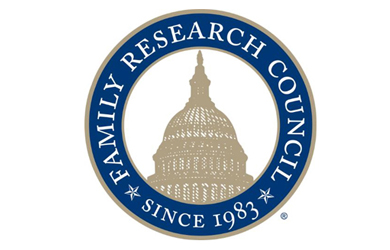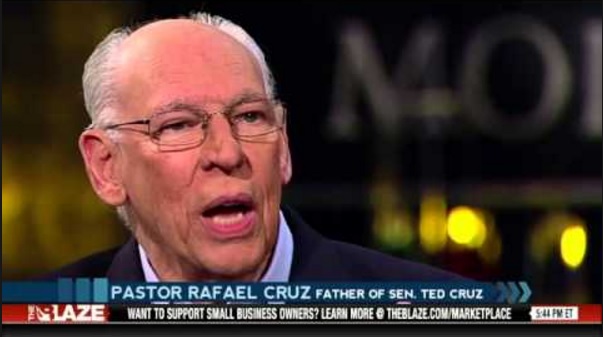Eagle Forum president Phyllis Schlafly today applauded a Canadian court for ruling that the government does not have to recognize polygamous marriages, which she used to make an argument against marriage equality for gays and lesbians:
The Canadian courts have legalized same-sex marriage. Will they legalize polygamy, too? After all, if consenting adults should be able to marry anybody they like, then why should same-sex marriage be allowed but not polygamy?
Many libertarians now insist that government should get out of the business of marriage, and not prohibit same-sex marriage. But if government lets everyone do what they like, then that would presumably include allowing polygamy. This issue was presented to an appellate court in British Columbia, a province of Canada. And it delivered a resoundingly pro-marriage decision, and upheld Canada’s 121-year ban on polygamy.
The Court held that “the institution of monogamous marriage [is] a fundamental value in Western society from the earliest of times.” Its 335-page opinion cited numerous ways in which polygamy causes harm to society, from higher rates of abuse to greater emotional problems, to underachievement by the children in schools. The Court traced the history of monogamous marriage between one man and one woman back to the ancient world, observing that from 600 B.C. to the 500s A.D. “marriage was understood as a union between a man and a woman presumptively for life” and that “by the ninth century, Byzantine emperors had decreed polygamy a capital offence.”
The Court pointed out that in the United States, in the mid-1800s, “Polygamy and slavery were considered to be among the ‘twin relics of barbarism,’” and that the American “Congress has ‘the right and the duty to prohibit’ this ‘odious institution.’” Those principles were established by the Republican Party platform of 1856. An appeal of this recent polygamy decision is expected eventually to reach the Supreme Court of Canada. That court previously established a constitutional right to same-sex marriage so no one knows what it will do.
But the decision Schlafly just praised actually makes the case why the legalization of same-sex marriage does not lead to polygamy.
In the ruling, the judge answers Schlafly’s question “why should same-sex marriage be allowed but not polygamy?” He argues that monogamous same-sex marriage does not lead to polygamy “because committed same-sex relationships celebrate all of the values we seek to preserve and advance in monogamous marriage” and dismisses Schlafly’s claim as an “alarmist view” that “misses the whole point,” as “the doctrinal underpinnings of monogamous same-sex marriage are indistinguishable from those of heterosexual marriage”:
[M]ore importantly, this line reflects, again, the pre-eminent place that the institution of monogamous marriage takes in Western culture and, as we have seen, Western heritage over the millennia. When all is said, I suggest that the prohibition in s. 293 is directed in part at protecting the institution of monogamous marriage. And let me here recognize that we have come, in this century and in this country, to accept same-sex marriage as part of that institution. That is so, in part, because committed same-sex relationships celebrate all of the values we seek to preserve and advance in monogamous marriage.
The alarmist view expressed by some that the recognition of the legitimacy of same-sex marriage will lead to the legitimization of polygamy misses the whole point. As Maura Strassberg, Professor of Law at Duke University Law School, points out in “Distinctions of Form or Substance: Monogamy, Polygamy and Same-Sex Marriage” (1997) North Carolina L.R. 1501 at 1594, the doctrinal underpinnings of monogamous same-sex marriage are indistinguishable from those of heterosexual marriage as revised to conform to modern norms of gender equality. This counters, as well, the argument advanced by many, that “in this day and age” when we have adopted expansive views of acceptable marriage units and common law living arrangements, the acceptance of polygamy, or at least the abandonment of its criminal prohibition, is the next logical step. This is said in the context of the sentiment often expressed that the “State has no business in the bedrooms of the Nation”. Here, I say it does when in defence of what it views is a critical institution – monogamous marriage – from attack by an institution – polygamy – which is said to be inevitably associated with serious harms.








